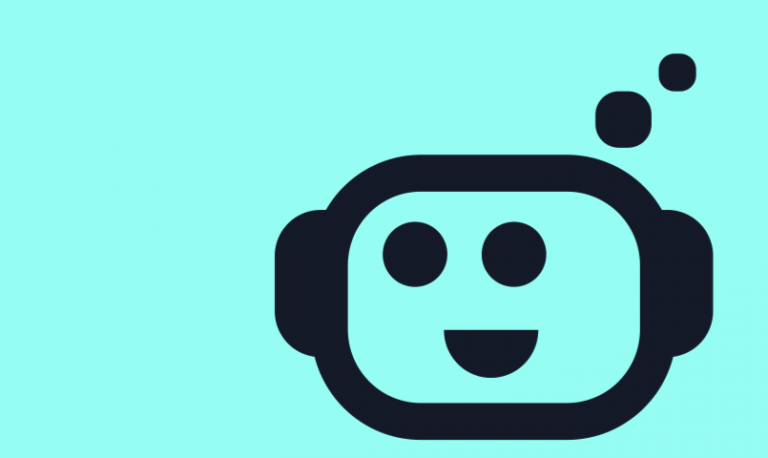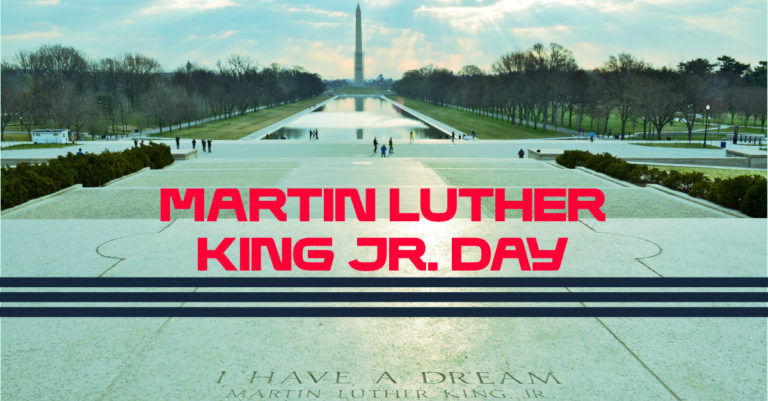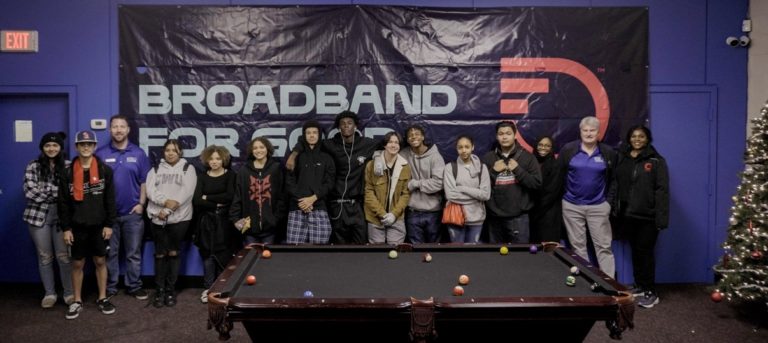“Academic success is key to our youth’s future. That means access to technology.”
Rhonda Watson is passionate about her mission. As CEO of the Boys and Girls Clubs of the Brazos Valley (BGCBV) where 58% of the youth members are Black, she leads a devoted team of staff and volunteers who are helping prepare future leaders. The reality, she notes, is that “a lack of access to technology can have a negative impact on academic performance.”
In their 2023 report, Closing the Digital Divide in Black America[i], McKinsey and Company documented that the digital divide disproportionately affects Black Americans across computer ownership and digital skills – noting that 40% of Black households don’t have high-speed fixed broadband. A deeper dive by The Joint Center for Political and Economic Studies revealed that 30.6% of Black households with one or more children aged 17 or younger lack high speed internet at home.[ii]
Watson needed a partner who could help her team build a secure bridge across this divide and provide the technological resources that could empower the hundreds of kids the Club was created to serve.
She found that partner in us.
 Rhonda Watson (left), CEO of the Boys and Girls Clubs of the Brazos Valley, partnered with Frontier to
Rhonda Watson (left), CEO of the Boys and Girls Clubs of the Brazos Valley, partnered with Frontier to
help bridge the digital divide for the hundreds of youths it serves.
A Partner Encouraging Digital Equity and Community Inclusion
More than ten years ago, John Lewis, the Civil Rights leader and United States Congressman, in an interview with an industry executive declared “Access to the internet is the civil rights issue of the 21st century.”[iii] He sounded the call for partners and advocates, in both the public and private sectors, to rally for change.
One of the ways we are helping correct this inequity, is by donating free fiber internet and other technology resources to address connectivity needs. The McKinsey report identifies five steps for expanding broadband internet access and encouraging digital equity and inclusion in Black communities. The steps range from states making explicit commitments, to providing subsidies for internet subscriptions and devices. The fifth step calls for “partnerships among private enterprises, not-for-profit organizations, academia and government to close the digital divide.”
Watson, a non-profit veteran of twenty years, acknowledged the transformative role our partnership with BGCBV, through our social impact program Broadband for Good, is playing in fulfilling the Club’s mission. “Frontier breathed life and vision back into our mission of helping youth and really elevating the Club. Because of the additional computers and fiber internet, we now have 10 tutors in the building helping kids with their homework – and they don’t have to worry about the connection dropping. We’re providing an experience as good as they get in school. Frontier has been the best partnership we’ve had and this lifetime gift has changed the course of our future.”
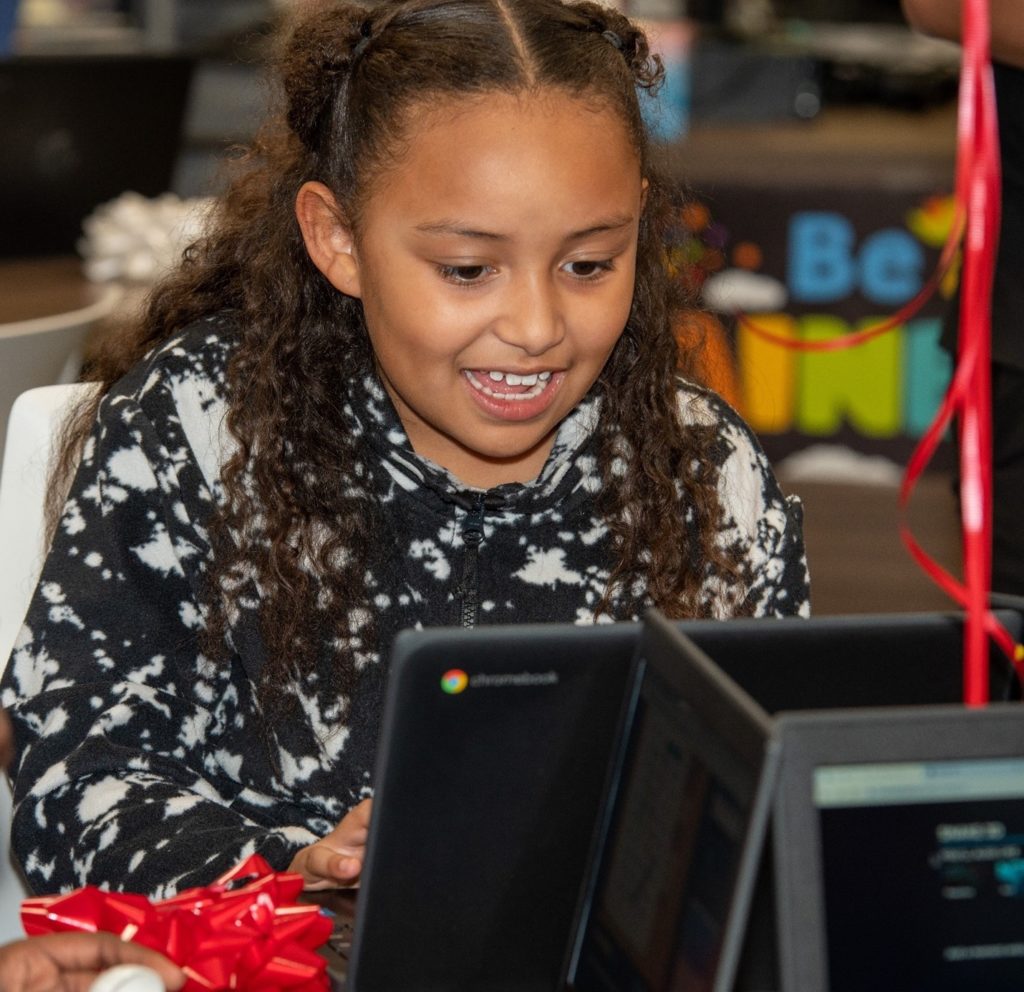 “The kids are getting the tutoring and help with homework they need – and they don’t have to worry
“The kids are getting the tutoring and help with homework they need – and they don’t have to worry
about the connection dropping.”
Reading, Writing and Tech
Anywhere from 100 to 150 kids visit the BGCBV a day engaging in programs that range from athletics to academic success and career readiness. With the new computer lab and the connectivity to power Smartboards and mobile devices, Watson has seen kids better equipped to tackle core competencies in reading and math, prep for college entrance exams like the ACT and prepare for the coursework to get their drivers licenses through online driving simulation programs like UPS Road Code.
The partnership has also helped ignite interest in STEM (Science, Technology, Engineering and Mathematics) careers. Black students have historically earned less than 9% of the degrees in these fields of study.[iv] Our team members are also visiting the Club to teach the kids about fiber optic technology, discuss their careers in tech and talk about future job opportunities with digital and IT jobs expected to grow by 13% through 2030.[v]
Watson is also excited about the interactive STEM installations that will be supplied by Texas A&M and its engineering department – and rely upon high-speed fiber internet. The installations will provide innovative content and instruction to inform and inspire the future generation of scientists, technologists, engineers and mathematicians.
As a tireless partner helping bridge – and ultimately close – the digital divide, we hope to further empower Black communities with the necessary technology to pursue limitless possibilities. In the words of Dr. Mae Jemison, the engineer, physician and the first Black woman astronaut rocketed into space, “Never be limited by people’s limited imaginations.”
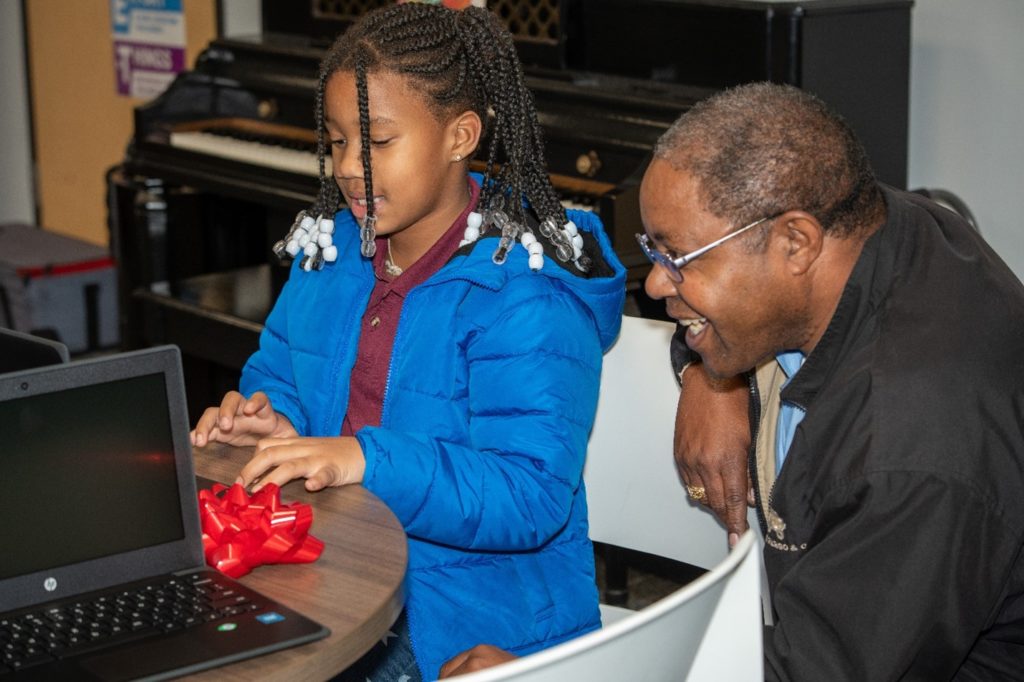 With powerful partners committed to closing the digital divide, the BGCBV can better prepare future leaders
With powerful partners committed to closing the digital divide, the BGCBV can better prepare future leaders
and inspire the future generation of scientists, technologists, engineers and mathematicians.
[ii] https://jointcenter.org/expand-internet-access-among-black-households/


